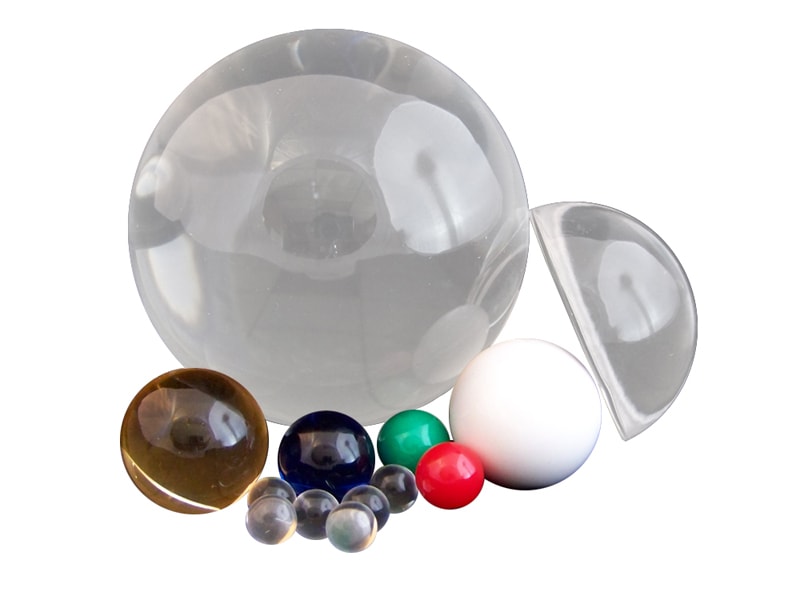Also known as Polymethyl Methacrylate or PMMA is a transparent thermoplastic material often used as a light weight alternative to glass. It’s also an economical alternative to Polycarbonate when extreme durability is not required. Unlike polycarbonate it does not contain harmful bisphenol-A subunits. It’s low cost, has great clarity, and can be produced in both transparent and opaque colors. Acrylic transmits up to 92% of light and has a refractive index of approximately 1.49. It can be joined with cyanoacrylate (superglue), heat welding, or by solvents such as trichloromethane. It’s very stable in environmental conditions and makes it an ideal choice for outdoor applications. It has poor resistance to may chemicals and solvents, poor impact strength compared to other industrial plastics and scratches easily. Common uses include; aquariums, viewing ports, furniture accessories, chandeliers and exterior lights of automobiles.
Standard Sizes:
- 1/32″
- 1/16″
- 1/8″
- 5/32″
- 3/16″
- 1/4″
- 5/16″
- 3/8″
- 7/16″
- 1/2″
- 9/16″
- 5/8″
- 11/16″
- 3/4″
- 7/8″
- 1″
- 1-1/8″
- 1-1/4″
- 1-3/8″
- 1-1/2″
- 1-3/4″
- 2″
- 2-1/4″
- 2-1/2″
- 2-3/4″
- 3″
- 4″
- Specific Gravity
- 1.19 g/cc
- Water Absorption
- .60%
- Hardness, Rockwell
- M80 - M100
- Vicat Softening Point
- 201 F / 94 C
- Tensile Strength
- 8120 psi
- Flammability
- UL94 HB
- Melting Point
- 300 F / 150 C
- Visible Transmission
- 92%
- Heat Deflection Temperature
- 169 F / 76 C
- Refractive Index
- 1.49


